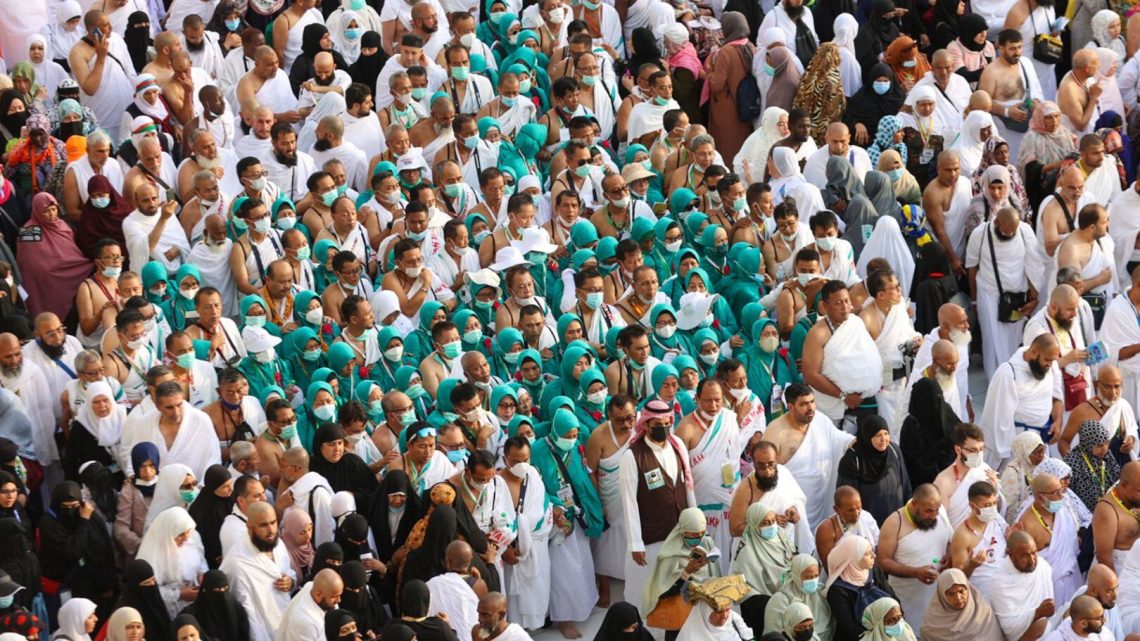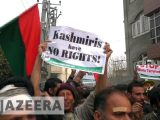
Financial Challenges to Kashmiris Severly Impact Hajj Applications in IIOJK
January 11, 2024In Indian illegally occupied Jammu and Kashmir (IIOJK), the annual Hajj pilgrimage is facing a significant decline in applications as aspirants cite manifold increases in expenses as an insurmountable obstacle. It is reported that Tariq Ahmad, a retired government employee from North Kashmir’s Bandipora district, had to shelve his long-cherished plan to undertake the Hajj pilgrimage with his wife this year due to the escalated costs.
While the cost of Hajj has been steadily rising over the years, the Hajj committee of Kashmir has noted a surprising drop in applications this year, despite the costs remaining similar to the previous year. Many individuals interviewed by the media expressed concerns over economic constraints, stating that financial limitations pose a significant barrier to those aspiring to partake in the sacred journey of Hajj.
Ejaz Ayoub, an independent economist based in Srinagar, highlighted the widening economic inequality and the adverse impact on the middle class, the largest segment of society. He attributed the economic challenges faced by the middle class to a series of setbacks, including the abrogation of Article 370 and the disruptions caused by the Covid-19 pandemic. Ayoub emphasized that while the affluent may opt for private operators, the middle class is facing high borrowing, low savings, and soaring inflation.
The dissatisfaction with facilities in Mecca for Kashmiri pilgrims last year also played a pivotal role in discouraging individuals from submitting their applications for Hajj. Complaints about poor facilities in hotels, transportation, and overcrowding left a lasting impact on the decision-making process, as revealed by Fayaz Ahmad, a resident of HMT Srinagar.
The rising costs associated with Hajj have prompted many to explore the more affordable alternative of Umrah. Akthar Hussain, who completed Umrah in December, highlighted the economic feasibility of Umrah, which costs only 1 lakh for a 20-day journey.
The shift towards Umrah as a more economical choice underscores the evolving preferences of aspirants in IIOJK. Economic challenges, coupled with concerns about the facilities provided during Hajj, have led individuals to reconsider their pilgrimage plans. As the region grapples with economic disparities and uncertainties, the changing dynamics surrounding the annual pilgrimage highlight the need for addressing the financial constraints faced by the middle class in IIOJK.

